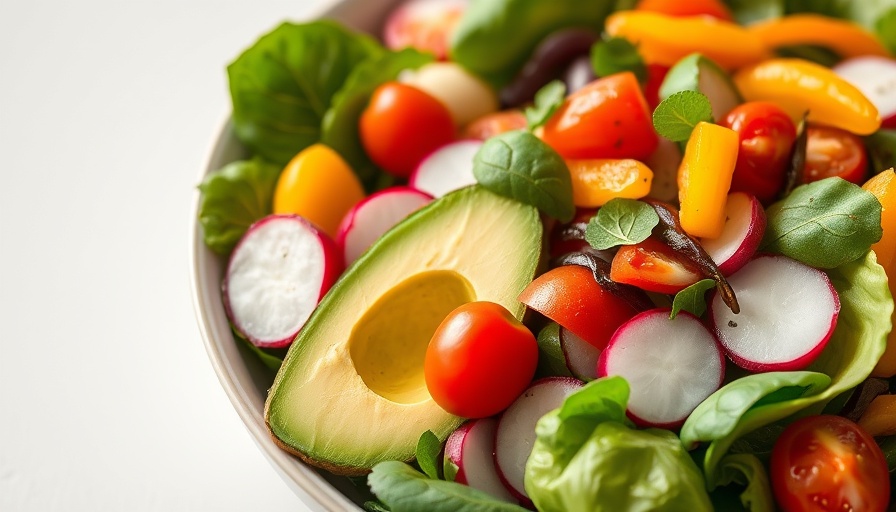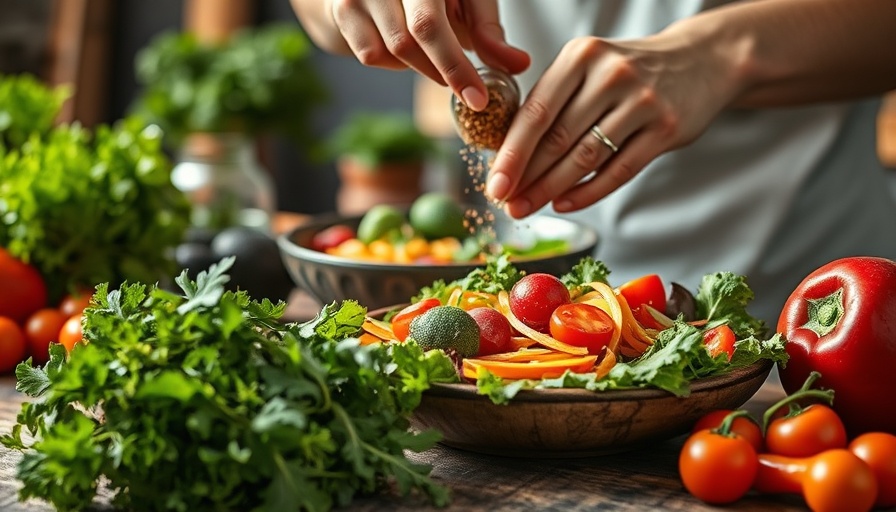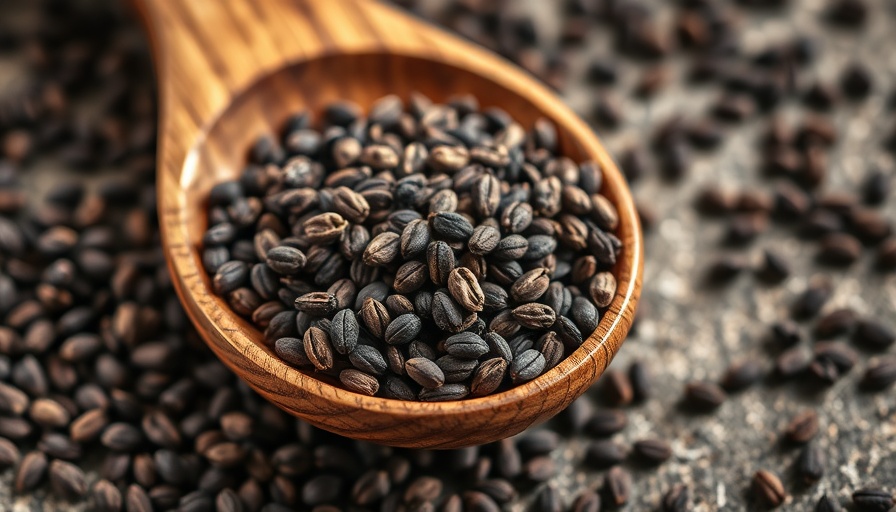
Understanding the Impact of Diet on Metastatic Cancer
Did you know that what we eat can influence the genetic factors involved in cancer progression? Research suggests that certain foods might downregulate genes responsible for triggering metastatic cancer, significantly impacting survival rates for those diagnosed with breast cancer and other forms of disease.
The Power of Cruciferous Vegetables in Cancer Prevention
Cruciferous vegetables like broccoli have been highlighted for their role in reducing cancer risk. A fascinating finding is that broccoli can decrease the expression of the CD36 receptor, which is linked to the spread of cancer cells, by up to 35%. This means that by simply adding more of these green veggies to your diet, you might be bolstering your body's defenses against cancer. Studies show that patients with lung cancer who consume more than one serving of cruciferous vegetables daily significantly improve their survival chances when compared to those who barely eat them.
The Role of Fats in Cancer Metastasis
While many diet trends focus on cutting fats, understanding the type of fats in your diet can be critical. Certain saturated fats can upregulate the CD36 receptor, thereby hastening cancer spread. In studies, patients who maintained traditional high-fat diets did not see improved outcomes, raising questions about dietary guidance. This illustrates the importance of not only reducing fat intake but being selective about which fats you consume.
The Impact of Other Foods on Cancer Survival
Research indicates that diets high in meat and dairy may actually increase cancer risk and reduce survival rates. For instance, ovarian cancer patients who regularly consume meat and milk exhibit poorer survival outcomes compared to those who limit these foods. The potential reasons might include hormones found in dairy and meats, as well as the type of growth hormones that could elevate cancer risks.
Actionable Insights for Cancer Patients and Survivors
So, what practical steps can individuals take? Incorporating a wide variety of fruits and vegetables, particularly cruciferous types, can be beneficial. Tailoring your diet to include more plants and less saturated fat can not only help manage weight but may also offer a better prognosis for cancer survival. Aim to have at least one serving of broccoli or similar vegetables daily to maximize benefits.
Future Perspectives on Diet and Cancer Treatments
The field of cancer treatment is rapidly evolving. As we learn more about gene expression and dietary impacts, future treatments may involve customizing dietary plans alongside traditional treatments. Adopting healthier eating habits could soon be considered a key component in comprehensive cancer care.
Are you ready to take control of your health through diet? Incorporating more cruciferous vegetables into your meals could be a delicious and powerful step toward enhancing overall wellness and cancer prevention. Remember, your health is in your hands!
 Add Row
Add Row  Add
Add 




 Add Row
Add Row  Add
Add 

Write A Comment